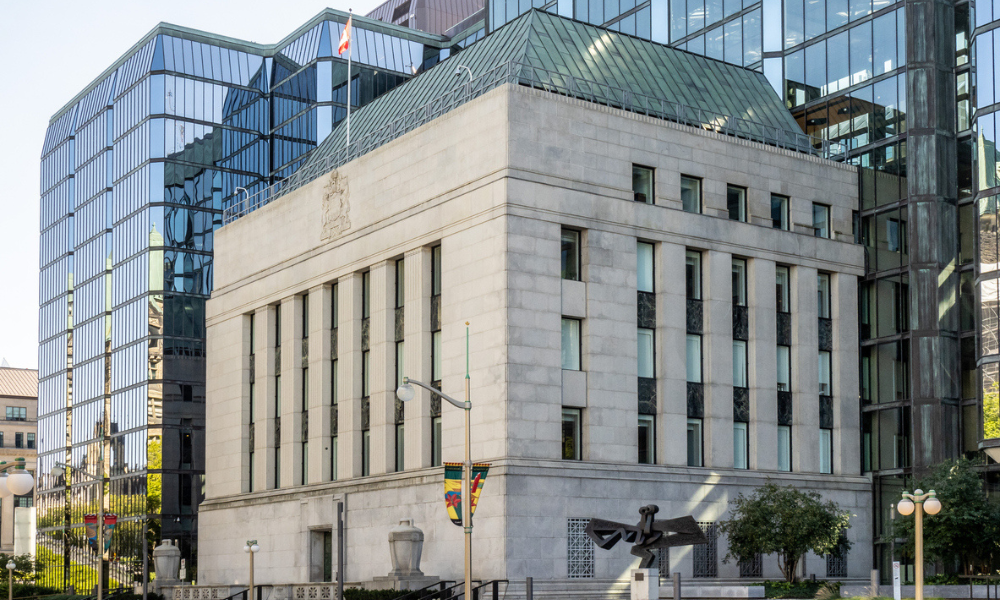Macklem gives further reaction to latest decision

The Bank of Canada's long-awaited rate cut may provide relief to Canadians, but Governor Tiff Macklem said that rebuilding trust with Canadian households will be challenging after a period of rapid rate hikes and mixed messages.
In an interview with CBC News, Macklem admitted that he’s concerned about the bank's credibility.
"That's one of the reasons why it's so important to get inflation back down," said Macklem, acknowledging that the past few years have been challenging for Canadians, with high inflation eroding confidence and fuelling anger. "We've taken a bit of a hit, and we're going to have to rebuild that trust."
Mixed messages
The bank's credibility was dented after Macklem initially told Canadians in July 2020 that they "can be confident rates will be low for a long time," only to raise rates aggressively months later as inflation surged.
The Bank of Canada has raised its key overnight lending rate ten times since March 2022, marking one of the fastest tightening cycles in the country’s history. This aggressive approach aimed to control soaring inflation, leaving Canadian households struggling with higher borrowing costs and rising prices.
However, Macklem downplayed inflationary pressures, attributing them to temporary pandemic-related factors.
"All these factors have driven prices up, but none of them are likely to last. So, we shouldn't overreact to these temporary price increases," Macklem wrote in a 2021 National Post editorial.
As inflation persisted, the bank continued to raise rates cautiously, trying not to lower them too quickly.
Rebuilding trust
Analysts criticized the timing of the rate cuts, suggesting they should have occurred sooner to ease the financial burden on young Canadians, especially those with variable-rate mortgages.
Jim Thorne, chief market strategist at Altus Wellington Private Wealth, told CBC the central bank should have stopped raising rates earlier and started cutting months ago.
"[The BoC] just hammered their reputation with the younger generation,” Thorne said. “They just basically hammered the millennials and all the young families with a variable rate mortgage."
The bank has also faced criticism from opposition leader Pierre Poilievre, who has called for a review of its pandemic policies and even threatened to fire Macklem if he becomes prime minister.
Macklem has previously avoided political debates, emphasizing the importance of the bank's independence.
However, senior deputy governor Carolyn Rogers stressed the need for public understanding and trust in the bank’s decisions.
"What is really important to us is that Canadians understand what we're doing, why we're doing it, and that they understand that we're thinking about them and that we have their best interests at heart when we make a decision," Rogers stated at a parliamentary committee meeting this spring.
Read next: Major lenders lower prime rate after BoC cuts
Frances Donald, global chief economist at Manulife Investment Management, highlighted the difficulty of balancing economic data with the lived experiences of Canadians who have been negatively impacted by rate hikes.
"Credibility isn't just about nailing a forecast. It's also about feeling like our institutions see the people they serve on the other side of the numbers," she told CBC News. "Central banks have blunt tools and only so much air time — finding the nuance is a complicated communication challenge."
She added that convincing Canadians the bank is working for them may be easier in an environment where rates are falling and prices are stable.
Make sure to get all the latest news to your inbox on Canada’s mortgage and housing markets by signing up for our free daily newsletter here.



